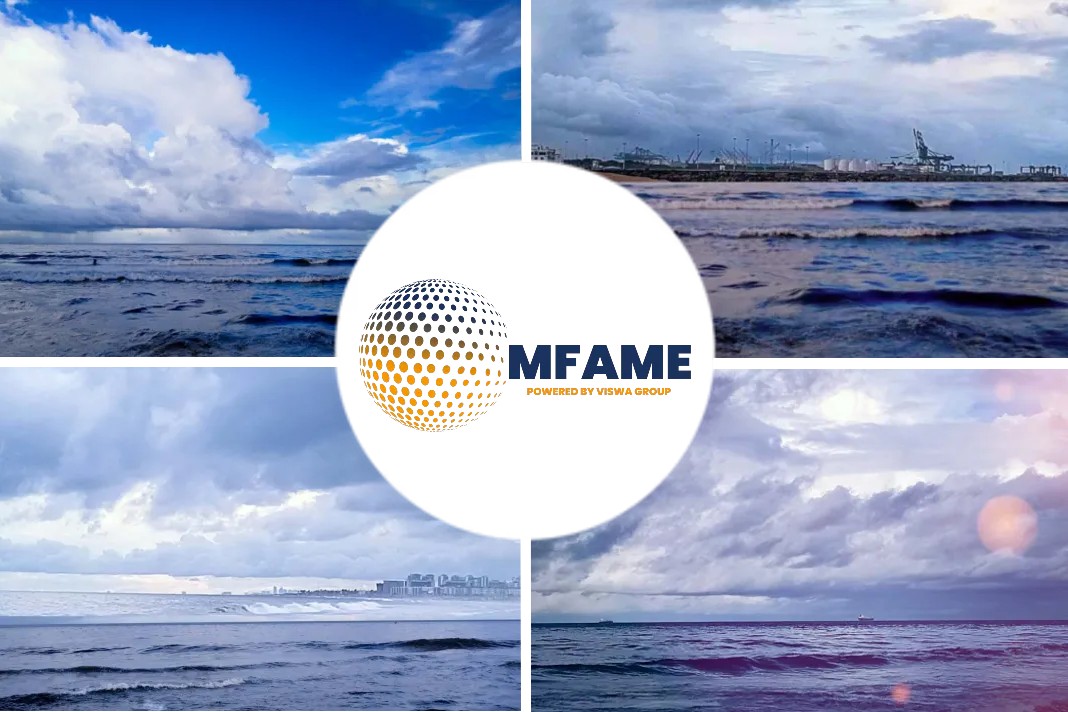
With Charles leading the way, we eagerly ascended the loading ramp of the car carrier MV Morning Christina at Southampton Port. As guests of Stella Maris, our purpose was to gain insight into the invaluable work carried out by ship-visiting charities and gain a firsthand experience of life on board one of the numerous vessels that frequent UK ports, transporting goods to and from our shores. Upon reaching the security point, we were warmly greeted by a crew member, uncertain of what awaited us on this intriguing voyage of discovery, as reported by Gard.
Maritime charities
Stella Maris, along with other maritime charities like The Mission to Seafarers, Sailors Society, and Seafarers UK, provides crucial support and pastoral care to seafarers worldwide. With a strong religious affiliation, these charities offer not only practical assistance but also spiritual comfort. The dedication of their volunteers is evident in the sheer number of ship visits made annually, totalling around 70,000 visits pre-COVID. Filipino seafarers, who make up a significant portion of the global seafaring community, particularly appreciate the religious items, such as rosaries and prayer cards, provided by these charities. Additionally, the seafarers value token gifts like home-knitted woolly hats for warmth during their journeys and SIM cards that allow them to stay connected with their loved ones in the Philippines. The work of these ship-visiting charities plays a vital role in supporting and uplifting the lives of seafarers around the world.
Seafarer abandonments
During our time with Charles and Gregory, the lay chaplains of Stella Maris, we gained insights into their extensive work beyond ship visits and the challenging living conditions experienced by seafarers. Seafarer abandonments, an ongoing issue, often leave crews without wages, supplies, and basic necessities like fresh water for months on end. In such situations, charities play a crucial role in providing essential support. Beyond meeting basic needs, these charities organize recreational activities such as cinema visits, bowling, pub lunches, and visits to places of worship to uplift the spirits of abandoned crews far from home. Medical emergencies are also common, with one seafarer’s case highlighted, where he suffered a suspected head injury and required hospitalization in Southampton before being assisted by Stella Maris for repatriation after his vessel had departed. The work of these charities goes above and beyond in addressing the diverse challenges faced by seafarers.
Quality of onboard food
Our observations highlighted the significant contrasts in living conditions on different vessels. Charles shared his experience of visiting a newly built Norwegian-flagged tanker, which resembled a luxurious hotel, while older tankers often had cramped and dimly lit living quarters. The quality and variety of onboard food also played a vital role in crew welfare. We learned that some vessels have separate cooks to cater to the national preferences of officers and crew, while instances of cooks refusing to accommodate certain cultural food preferences were also mentioned.
The efficiency of modern vessel operations has had consequences for seafarers, with some ports restricting their ability to disembark and spend time ashore. This limitation has led to alternative arrangements, such as placing advance online orders on platforms like Amazon, which are delivered to Stella Maris offices and later distributed to the crew during visits. These orders may include essential items or even presents and souvenirs that seafarers feel compelled to bring home for their families and friends. The challenges faced by seafarers regarding living conditions, food, and limited opportunities for personal time ashore highlight the complexities of their lives at sea.
What did we learn from our time with Stella Maris?
The strong interest in prayer cards and SIM cards among the crew reflected their longing for connection and a sense of home during their lengthy contracts at sea. The popularity of woolly hats further highlighted the lack of preparedness for colder climates. While improving food and accommodations can enhance the working environment for seafarers, internet access presents both benefits and challenges. While it provides immediate connectivity, it can also lead to feelings of helplessness and isolation when faced with problems back home.
We discovered significant disparities in how shipowners treat their crews, emphasizing the need for improved conditions for those responsible for their valuable assets. It is concerning that charities often have to step in to provide basic assistance in times of need. The experiences highlighted the importance of addressing these issues and ensuring better treatment and support for seafarers in the industry.
What can we, ashore, do to help support our seafarers?
P&I Clubs, such as Gard, play a crucial role in addressing the needs of the abandoned crew by providing the necessary certificates under the Maritime Labour Convention. If a shipowner abandons their crew on a Gard-insured vessel, the club takes financial responsibility and takes proactive steps to assist the seafarers, ensuring provisions, repatriation, and payment of unpaid wages. However, more support is needed to champion the rights and fair treatment of seafarers in the shipping industry. This includes encouraging compassion from owners, charterers, and managers, advocating for fair government policies, and supporting fundraising efforts for seafaring charities. Acknowledging and thanking seafarers for their invaluable work is also important.
Did you subscribe to our newsletter?
It’s free! Click here to subscribe!
Source: Gard
























